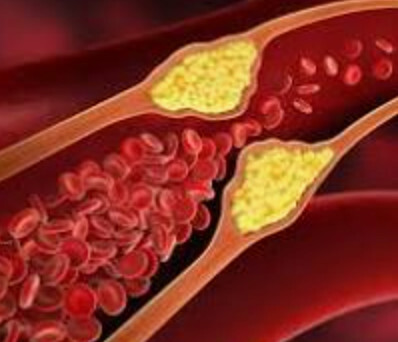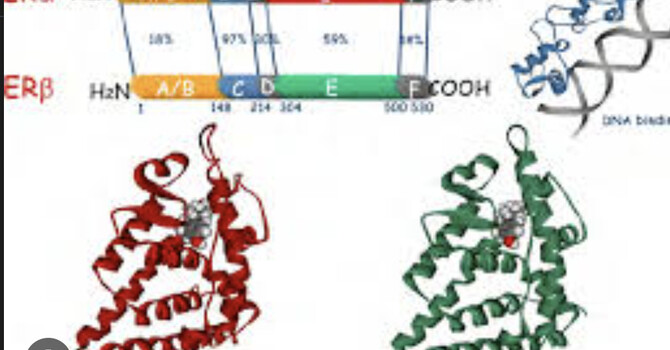
As we age, our bodies undergo significant changes, particularly in hormone production. This is true for both women and men. While we often associate testosterone with men, it's important to recognize that women also produce and need testosterone, albeit in smaller amounts. Let's explore the crucial role of cholesterol in hormone synthesis and overall health, especially during the transitions of menopause and andropause.
The Vital Role of Cholesterol
Cholesterol often gets a bad rap, but it's essential for numerous bodily functions:
1. Cell membrane structure
2. Vitamin D production
3. Bile acid synthesis for digestion
4. Brain function and neurotransmitter production
5. Hormone synthesis, including estrogen, progesterone, and testosterone
Cholesterol: The Building Block of Hormones
Cholesterol serves as the precursor for all steroid hormones in the body[1]. The synthesis of estrogen, testosterone, and other vital hormones begins with cholesterol. This process involves a series of enzymatic reactions that convert cholesterol into various hormones, each playing a crucial role in our health and well-being[2].
Hormonal Changes and Cholesterol Levels
As we age, significant changes occur in our endocrine systems:
For Women:
During menopause, the ovaries gradually decrease their production of estrogen and progesterone. This decline in hormone production is often accompanied by an increase in cholesterol levels[3]. It's important to note that women's bodies continue to produce testosterone, though in smaller amounts, and this hormone plays a vital role in maintaining bone density, muscle mass, and cognitive function[4].
For Men:
Similarly, as men age, testosterone production in the testes declines, a process sometimes referred to as andropause. This too can lead to changes in cholesterol metabolism[3].
The Body's Response: Increased Cholesterol Production
As hormone levels drop, the body often responds by increasing cholesterol production. This can be seen as the body's attempt to provide more raw material for hormone synthesis[5]. However, without the proper functioning of the ovaries or testes, this excess cholesterol often cannot be converted into hormones efficiently.
Implications for Health
The increase in cholesterol levels, particularly LDL cholesterol, can have significant implications for cardiovascular health. However, it's crucial to understand that cholesterol itself isn't the enemy. In fact, maintaining appropriate levels of hormones, including testosterone in both men and women, is essential for overall health and well-being[6].
The Importance of Testosterone for Women
While often overlooked, testosterone plays several vital roles in women's health:
1. Maintaining bone density
2. Supporting muscle mass and strength
3. Enhancing libido and sexual function
4. Contributing to cognitive function and mood regulation
5. Helping to maintain energy levels
Rethinking Cholesterol Management
Traditionally, elevated cholesterol levels are often treated with statins. However, understanding the relationship between cholesterol and hormone production opens up new perspectives on managing health during menopause and andropause.
Hormone Replacement Therapy (HRT) can be an effective way to address both hormonal imbalances and cholesterol levels. By providing the body with the hormones it needs, including appropriate levels of testosterone for women, HRT can potentially signal the body to reduce its cholesterol production[7].
Conclusion
The intricate relationship between cholesterol and hormone production highlights the complexity of our body's systems. As we age and our hormone-producing organs become less efficient, our bodies may increase cholesterol production in an attempt to maintain hormone levels.
Understanding this connection can lead to more holistic approaches to health management during menopause and andropause. Rather than simply treating high cholesterol, addressing the underlying hormonal changes may provide more comprehensive health benefits, including maintaining cognitive function, bone density, and overall well-being.
Dr. Anat Sapan MD, specializing in peri/menopause care, advocates for a personalized approach combining Bioidentical Hormone Replacement Therapy with lifestyle strategies. Her telemedicine services in California, Florida, Illinois and New York. I aim to help women overcome menopausal symptoms and enhance their quality of life.

Anat Sapan, MD
Contact Me



